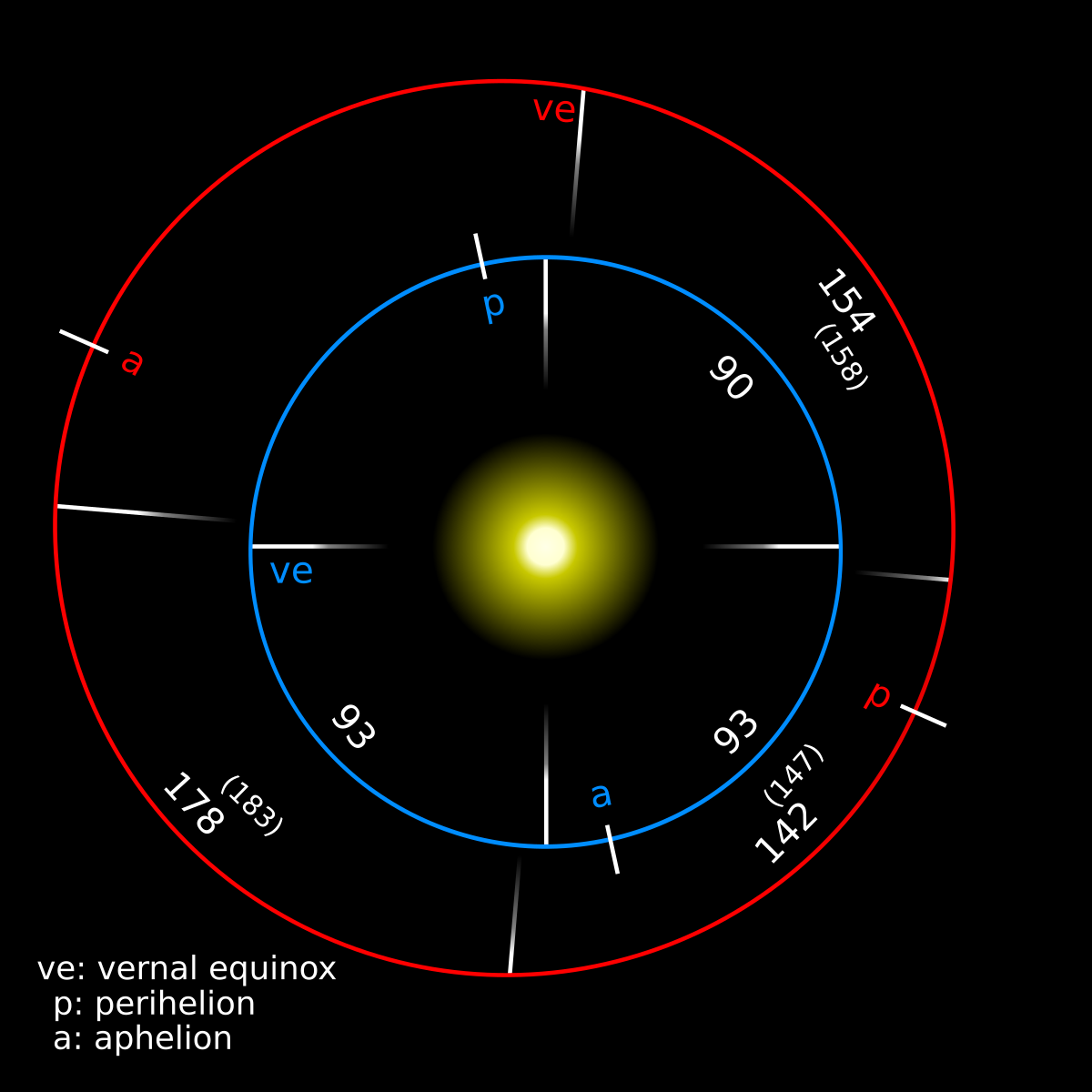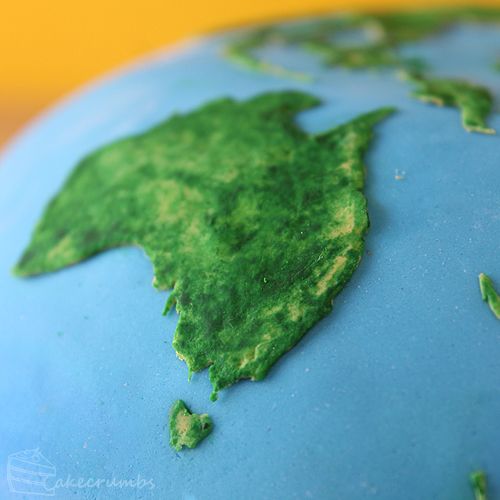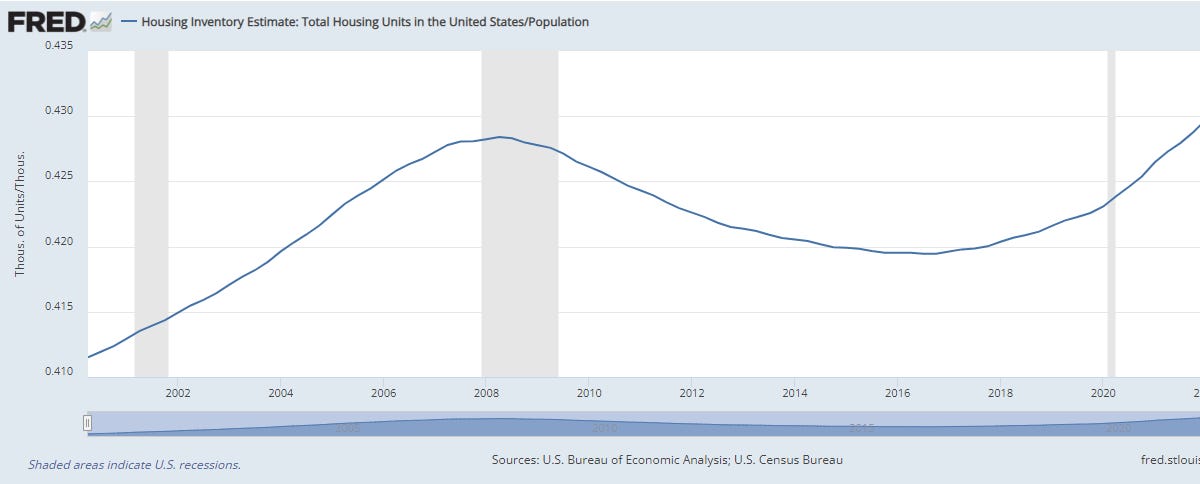GDP – Uneven Earth
Gross Domestic Product, or GDP, measures economic activity. Technically speaking, it equals the sum of all goods and services produced within an economy over a certain period. To oversimplify it, we could think of GDP as the sum total of all the price tags within a country’s borders. Metaphorically speaking, GDP is the only universally-recognised heart-rate monitor for determining the health of capitalist economies. Capitalism operates on economic growth, and GDP measures growth.
Because of this, GDP has become the most influential political and economic metric in the modern world. Governments, corporations and institutions use it to direct resources, frame discussions, and inform crucial decision-making.
And ever since GDP became our universal stand-in for social progress, it has had the effect of reshaping entire societies in its own image—which is problematic, as GDP is a very sexist, western-centric, careless, ecologically-destructive, and altogether bad image.
Before the 1930s, to paraphrase the sociologist Daniel Hirschman, the economy as we currently know it ‘did not exist.’ But that’s not to say that our ancestors didn’t act economically. People have been making, buying, and trading things basically forever. But it was only in the decade before World War II that our current understanding of the economy—as something that can be examined, diagnosed, prescribed and intervened upon—was conceived.






















